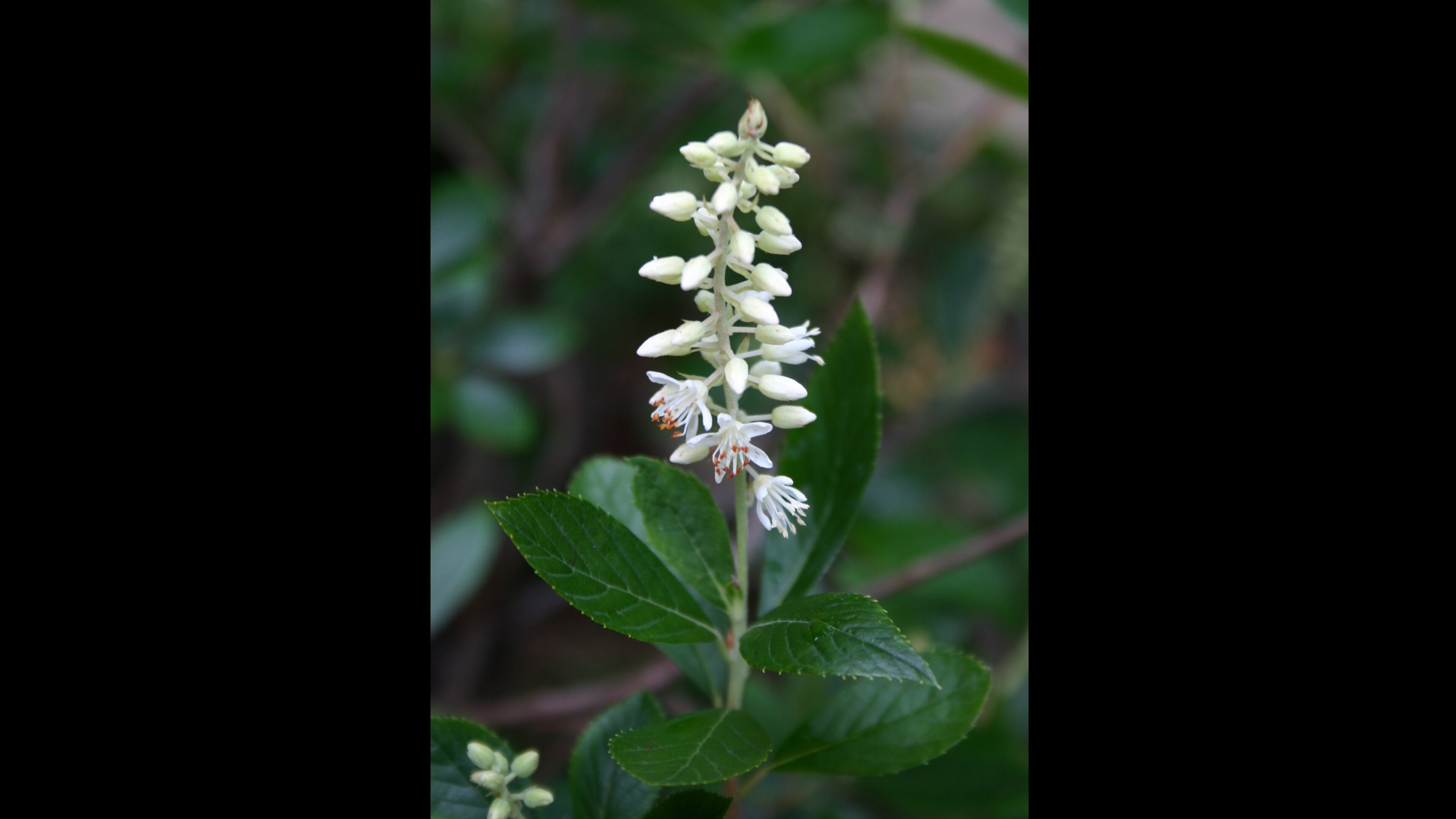Native plants beautify woodland

Q: I live out in the country and have a large yard surrounded by woodlands and pastures. I would like to naturalize some flowering shrubs around my property. Do you have any suggestions? Susan Sparks, Gordon County
A: It seems to me that you want some Georgia native shrubs that will fit in your woodland setting. You could have a fabulous landscape by initially including oakleaf hydrangea, native hollies, summersweet and Virginia sweetspire. These are all tough plants that require little care after planting in September. Of course, there are dozens more native plants from which to choose. I have lists and sources at bit.ly/GAnative.
Q: I’m the only tomato eater in our household. I have been planting two tomato plants in a container for years but I always get more than I need. Can I only plant one plant and it still be able to pollinate and produce fruit? Marty Smallwood, Mansfield
A: Yes, one tomato plant will produce fruit with no problems. Tomato flowers are self-pollinating. There is no need for insects or a second plant to achieve pollination. The only downside is if your plant dies for some reason, you won’t have another to produce in its place.
Q: My white Christmas cactus is blooming now. It has about two or three blooms at a time. When they fall off, more will open up. Will it still bloom at Christmas? Jane Watkins, email
A: Yes, it will bloom at its regular time. This type of plant is triggered to bloom by available light and temperature. I imagine your current blooms are on one side of the plant, typically the side that’s cooler and away from excess light. Leaves in that area have responded by producing buds and blooms. You’ll get more balanced flowering by turning your Christmas cactus 90 degrees every month.
Q: I found a fist-sized clump of clear jelly at the base of my new arborvitae. Any ideas what it could be? Jaci Brush, email
A: I think it’s probably a “jellified” mass of polyacrylamide granules. These salt-like grains are commonly added to potting soil to conserve water. To confirm my theory, put some of the jelly in the sun to dry out. If it dries to white granules, my theory is correct.
Q: What plants repel mosquitoes? Banks Underwood, Chamblee
A: Plants don’t repel mosquitoes; their oils do. A few plants, like lemongrass, scented geranium, and lavender, contain plant oils in the leaves. When the leaves are crushed and rubbed on your skin, the scented oil might give you 30 minutes of relief from mosquitoes. No plant sitting by itself on your deck will repel the biting beasts.
Walter’s email address is georgiagardener@yahoo.com. Listen to his comments at 6:35 a.m. on “Green and Growing with Ashley Frasca” Saturday mornings on 95.5 WSB. Visit his website, www.walterreeves.com, or join his Facebook Page at bit.ly/georgiagardener, for his latest tips

